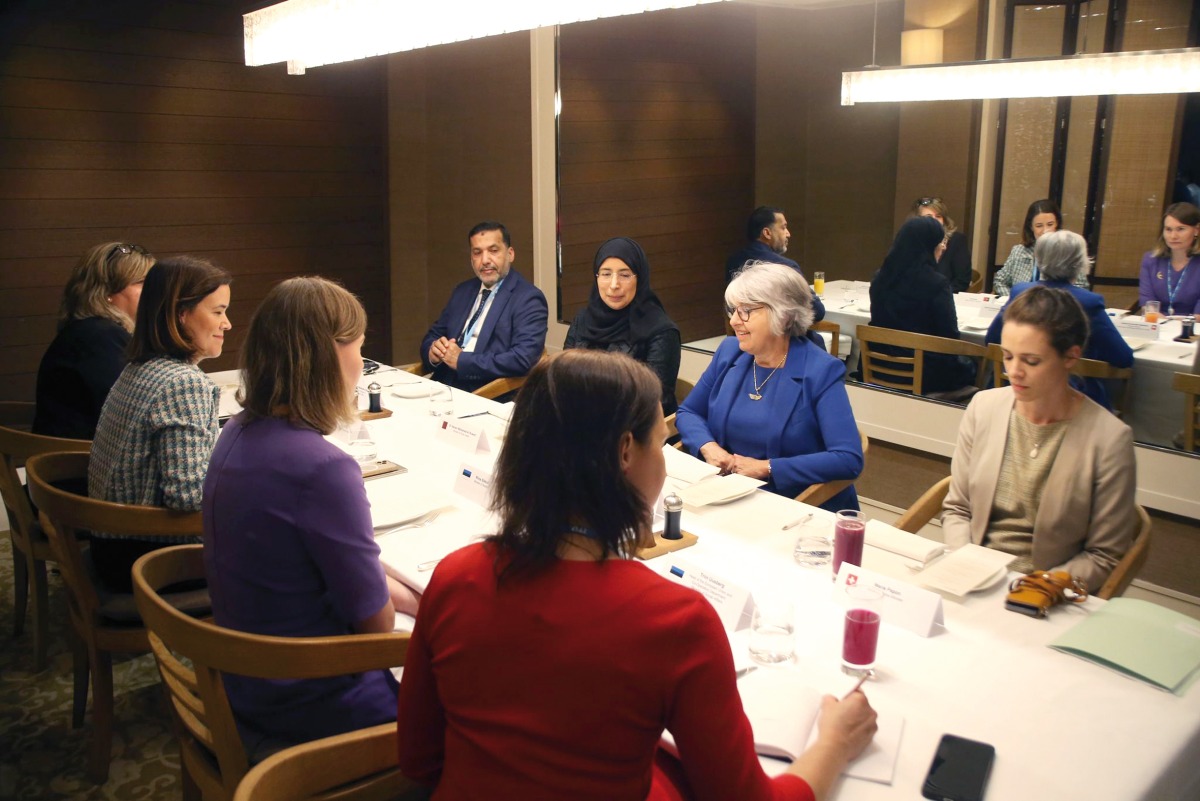Qatar recently participated in a ministerial session on digital health at the 77th World Health Assembly in Geneva. Minister of Public Health H E Dr. Hanan Mohammed Al Kuwari represented Qatar at the session, where she highlighted the progress and projects in Qatar related to innovative digital solutions in healthcare. One notable project mentioned was the “Qatar Health Information Exchange Platform,” which allows healthcare providers to securely share information in a unified manner. Digital solutions are being used to enhance patient safety, standardize care, and improve patient experience, with a focus on ensuring patient consent for data sharing and governance. The Minister also discussed the use of artificial intelligence and machine learning in healthcare initiatives, emphasizing that digital health can make healthcare more preventive, personal, and empowering.
These initiatives in digital health align with Qatar’s goals outlined in the Qatar National Vision 2030, Third Qatar National Development Strategy (NDS3), and the national health strategy. The session at the World Health Assembly brought together ministers and officials from various countries to share experiences and expertise in digital health. The importance of strengthening international cooperation in this field was also discussed, as digital health is seen as a crucial tool in accelerating the achievement of health outcomes and universal health coverage by 2030. The World Health Organization has approved a global strategy on digital health 2020-2025, recognizing the role of digital interventions in improving healthcare and achieving sustainable development goals related to health.
Qatar’s participation in the ministerial session on digital health reflects its commitment to leveraging innovative technologies to enhance healthcare delivery and patient outcomes. The Qatar Health Information Exchange Platform is just one example of how digital solutions are being used to improve the exchange of health information and promote patient safety. By harnessing artificial intelligence and machine learning, Qatar aims to make healthcare more personalized and preventive, in line with the national vision and development strategies. The Minister’s presentation at the session highlights Qatar’s efforts to stay at the forefront of digital health innovations and collaborate with other countries to advance global healthcare goals.
Digital health interventions have the potential to transform healthcare systems worldwide, leading to improved health outcomes and increased access to quality care. By investing in digital solutions and technologies, countries like Qatar can enhance the efficiency of healthcare delivery, standardize care practices, and empower patients to take control of their health. The collaborative nature of the ministerial session on digital health underscores the importance of sharing knowledge and best practices in this rapidly evolving field. As digital health continues to play a vital role in achieving universal health coverage and sustainable development goals, Qatar’s involvement in such initiatives positions it as a key player in advancing global healthcare innovation and progress.
In conclusion, Qatar’s participation in the ministerial session on digital health at the World Health Assembly highlights the country’s dedication to implementing cutting-edge technologies and strategies to improve healthcare delivery and patient outcomes. By focusing on initiatives like the Qatar Health Information Exchange Platform and leveraging artificial intelligence in healthcare solutions, Qatar is driving innovation and progress in digital health. The collaborative efforts of countries at the session demonstrate the importance of working together to harness digital interventions for the benefit of global health. As countries strive to achieve universal health coverage and sustainable development goals by 2030, digital health will continue to play a crucial role in transforming healthcare systems and improving health outcomes worldwide.










